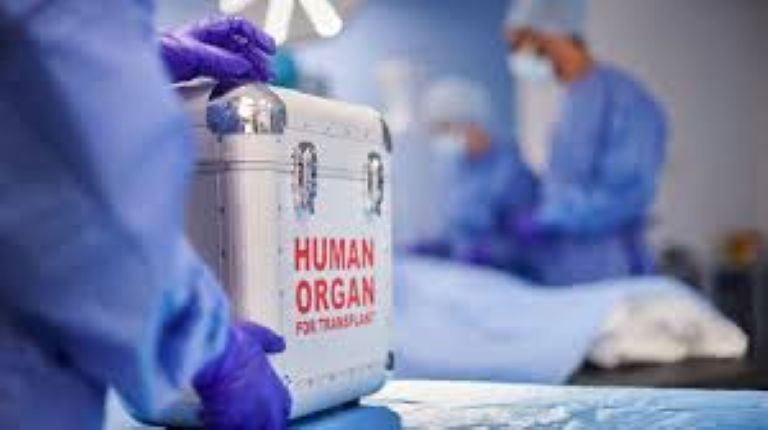Can Covid survivors donate organs?

Team L&M
When COVID-19 first struck, fear and uncertainty surrounded everything, including organ donation. Could someone who has recovered from COVID donate their kidney or liver safely? Would the virus still be inside their body? Could it harm the person receiving the transplant? Medical experts clearly have the answers now.
“Yes, people who have recovered from COVID-19 can safely donate organs,” says Dr. Ajeet Singh, Head- critical care medicine, Aakash Healthcare. “We have come a long way in understanding this virus and its effects. A donor who has recovered and tests negative poses no risk to the recipient.”
A study from Washington University School of Medicine St. Louis found that kidneys from donors who had tested positive for COVID in the past were safe for transplant. The study confirmed there was no transmission of the virus from donor to recipient.
“During the pandemic, many hospitals stopped donations from infected or even recovered patients. COVID shook the medical world, and we all had to be extra careful. However, the situation has changed now as it has been shown that these are safe. This is a big relief for both doctors and patients, who were facing a long wait time for organ transplants,” says Dr Singh.
“Initially, we were extremely cautious. Any donor with a COVID history was automatically ruled out,” says Dr Rajiv Kumar Sethia, Director & Head – Urology, Kidney Transplant & Robotic Surgery, Asian Hospital, “But now, science has caught up. With all the safety checks that we now have in place today, it can be safely said that organ donations from patients who have recovered from Covid-19 are completely safe.”
“However, hospitals now follow strict screening protocols, ensuring a donor has fully recovered and tests negative before proceeding,” Dr Sethia.
Shortage of Organ Donators Worrisome
India performs the third-highest number of transplants in the world after the US and China but the number of transplants per million people remains low. According to The Lancet Regional Health – Southeast Asia, over two lakh people in India suffer from end-stage kidney failure each year, but only around 11,000 kidney transplants are performed. This leaves a huge gap between demand and the donations.
“One major reason is the shortage of organ donors. Transporting organs to rural areas or even small towns remains another challenge,” says Dr Singh.
Dr. Ajeet points out, “Most transplants in India still happen in private hospitals. We need stronger public systems where more people can access transplants without worrying about costs.”
Moreover, he said many families still hesitate to donate a loved one’s organs after death. Religious beliefs, lack of awareness, and fear of the process all contribute.
“People in small towns face a lot of hesitation when it comes to organ donations,” says Dr Sunita Kapoor, Director & Laboratory Head, City X-ray Scan & Clinic. “We need better awareness and simpler legal procedures so that more people can come forward to donate.”
“To close the gap between the number of organs needed and those available, it is very important to create awareness about organ donation of the deceased, simplify the legal process for donation, and have government investment in public transplant infrastructure,” adds Dr Kapoor.

